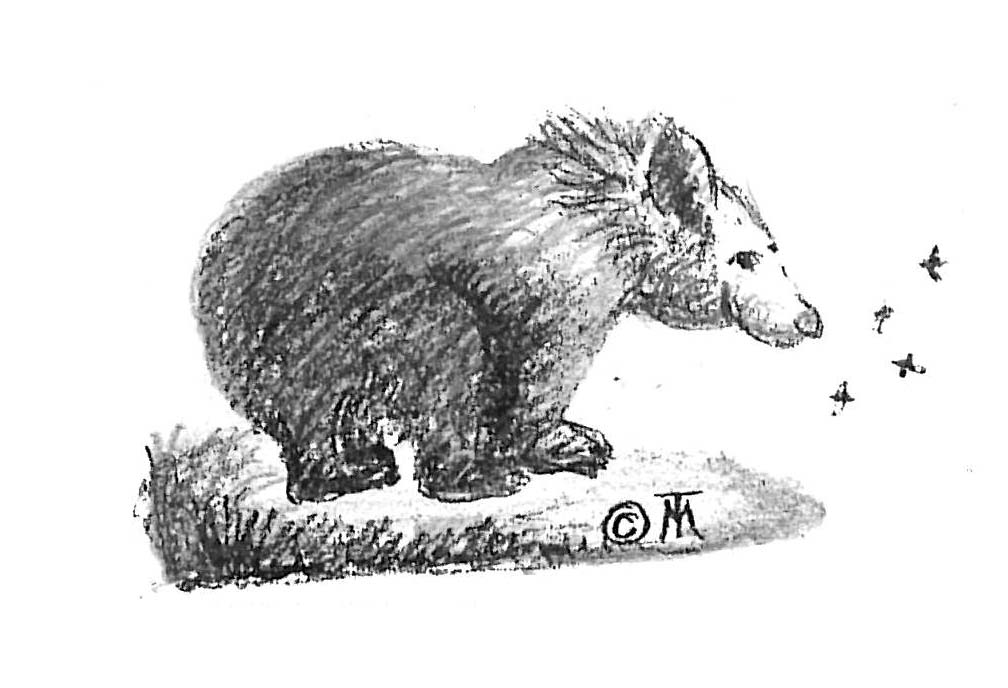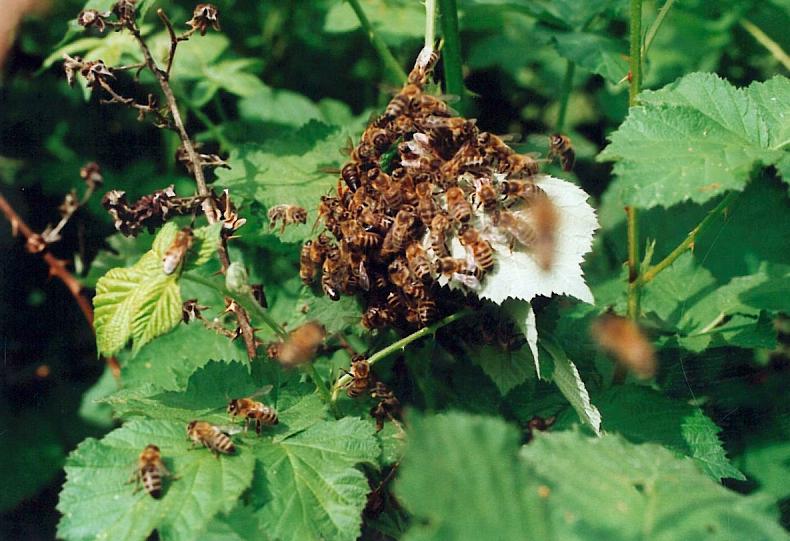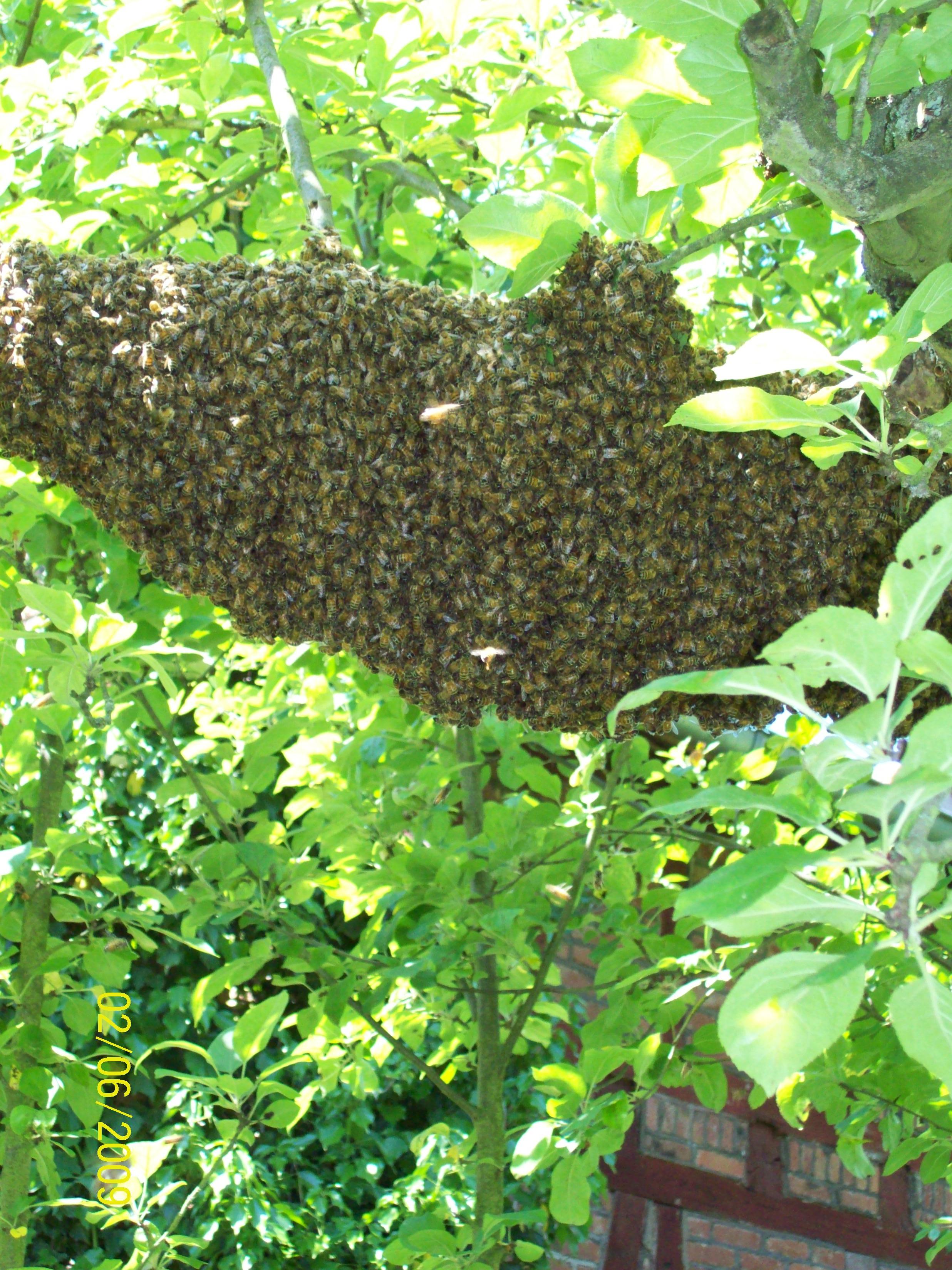
Centre
for Ecological Apiculture





Sign
up for bee-therapy | Beauty-cure
| Anti-aging
| Infertility
| Cancer
of the breast | Hashimoto-Thyreoiditis
|
Crohn's disease
Rheumatism
| Juvenile idiopathic
arthritis | Heart
diseases | Arteriosklerosis
| MS |
Diabetes
| Neurodermitis
| Obesity |
Depression
and Psychosis
Allergies
| Alzheimer
/ Parkinson | Diseases
of the kidneys | Pancreas
| how
to improve fitness of the body
Propolis
| Beeswax | Royal
Jelly | Organic Honey
| Comb in the Comb
| Raw Honey | Organic
Beekeeping Basic Course
Expertise
| Courses | Home
| Research | Save
Beecolonies-Bienenpatenschaft | Certification
| Training
Apitherapy
Api
Review Letters / Science Review Letters
Akademie
der Kunst und Philosophie / Academy of Arts and Philosophy
Save
the Bees, Bumblebees and Beecolonies
Zentrum
fuer wesensgemaesse Bienenhaltung
Centre
for Ecological Apiculture
Forschungszentrum
Bienentherapie / Natural Apitherapy Research Centre
Beetherapy
/ Academy of Sciences
DI.
M. Thiele, President and international Coordinator
FAO Author makes a stand for
organic beekeeping
("The Marketing of organic Honey"
by Martin Hilmi, 244 p., numerous graphics, first edition 2003.)
For
carrying out his MSC/PhD Martin Hilmi worked together with many important
institutions, last but not least the Food and Agricultural Organisation
of the United Nations (FAO), and the International Bee Research Association
(IBRA).
According his concept "nature knows best"
(p.12) he takes a stand for nature. Marketing of organic honey is better
than distributing food products spoiled with GMOs. Or as he puts it: "Clearly
a sustainable product is more 'holistic' in nature, than conventional products"
(p. 77). It is a product designed for the environment; and he calls it
a methodology by which environmental concerns are integrated into the product
and product design (80) - so far the product design refers to reality
(see also recently issued article on
this topic).
Although you can find already many publications
on "green marketing" , Martin Hilmi considers to be the main problem "simply
the lack of how to get valued food products to market" (p.7). Thus Mr.
Hilmi tries to supply us with tools for solving this problem. In many parts
he succeeded; you can find a lot of useful hints regarding marketing, especially
marketing of organic honey: last but not least a "modern selling philosophy"
which he calls a "partner-oriented philosophy" in contrast to a seller-oriented
philosophy (p.191). A seller-oriented philosophy looks only at the seller's
interests (for instance Biotech-firms, who want to sell their genetically
modified seeds). A partner-orientated philosophy looks at the consumers
satisfaction (ibid.).
For practical value are hints for instance
regarding a "post-purchase behaviour" or "word-to mouth communication".
You also get informed concerning mainstream organic beekeeping standards,
how the complicated system of certification and akkreditation works - a
system which is weak because of burocratism as well as ineffective because
of low standard. Harmonization on the lowest level is possible, but it
is a question of "Honesty in organic production" (p.23) to realize the
weakness of the system and point out alternatives or additional services,
for instance certificates referring
to stricter standards.
However, it is a book on marketing, not
standards. One should not concentrate on the fact , that the author itself
at times get lost in too theoretical words („Integrated sustainable Marketing
communications (ISMC)" and abrevations like MSLC, DFE, IOAS, IAF, but on
what he has gathered in his book: useful tools for beekeepers and honeysellers.
For scientist and beekeepers, who are aquainted
with the reading of scientific marketing literature, this book is a tresure
for useful advices.
2003 December 09
T+T Consult
More Info and order
online:
http://www.beekeeping.com/new/books/martin.htm

